Just as ordinary dumpers go through the breakup stages, so do dismissive avoidants. DAs (dismissive avoidants) detach from their ex, fall out of love, find something or someone better or different, and enjoy their space and freedom.
By staying away from their ex and doing the things they love, they don’t have to feel guilty for failing to reach their ex’s expectations.
They can just feel positive emotions, including the emotions they allowed themselves to experience by breaking up with their partner (relief and elation). Dumpers, regardless of their attachment style are glad that their relationship has ended.
The end of the relationship signifies the end of commitment and suffering for them, so they typically aren’t very regretful at all.
They’re perfectly happy as they prefer space and quiet as opposed to staying trapped in a relationship in which they don’t feel the way they want to feel. That’s why you won’t see your ex sad and heartbroken the way you do in Hollywood movies.
You won’t see him or her come knocking on your doors and professing love to you. As much as you’d like that to happen, this is how dumpees feel because they didn’t want to break up. They wanted the relationship to continue and get stronger.
Dumpers, on the other hand, want to break up very badly. They think they need to go separate ways so they can stop pretending everything’s okay.
The problem with dismissive avoidants is that they have a hard time bonding with people. They take relationships way less seriously than average people because they don’t think there will be any negative consequences to leaving their partner.
Sure, they’ll lose a person they got to know and had plans for at some point, but in terms of anxiety and pain, they won’t feel any. To suffer, they would have to get attached to their partner and experience lots of self-doubt and separation anxiety.
And sadly, dumpers (dismissive avoidants or not) don’t experience separation anxiety.
They may think about their ex and the friendship they lost, but they certainly don’t miss the relationship the way dumpees do. Dismissive avoidants go through breakup stages in the opposite order compared to dumpees.
They start feeling relieved and elated and eventually (months later) reach the neutrality stage of a breakup in which they can experience issues and get hurt.
So if you’re thinking that dismissive-avoidant dumpers go through completely different stages than other exes, you’re deceiving yourself. The truth is that all dumpers go through the typical breakup stages.
The only difference between dismissive avoidants and other dumpers is that they don’t get very attached throughout the relationship.
They don’t consider their relationships to be their top priority, so they invest in themselves rather than their partner. They do this because they’ve been taught (or learned themselves) that being self-reliant (especially emotionally) is a strength whereas emotional dependence is a weakness.
There are a lot more dismissive-avoidant men than there are dismissive-avoidant women. Guys tend to shut themselves off emotionally while women generally communicate better. Of course, this is a broad generalization, but we all know how stoic some guys can be.
They don’t like showing emotions because society has wired them to be alphas who always keep their composure and remain in charge of their life. Some women have a lot of problem dating because of this belief. The moment their boyfriend hits a snag, gets hurt, and/or becomes depressed, they feel smothered and repulsed.
Consequently, they lose interest and feelings and want to be with a more alpha guy – a guy who internalizes problems and is less expressive and more explosive in nature.
Lots of things can create a dismissive-avoidant person, but the things that create a DA the most often are:
- bad parenting (parents with toxic traits who criticize their child and ignore their child’s feelings)
- life-threatening professions, such as soldiers
- traumatic experiences (breakups, abandonment during childhood, betrayal, drug abuse, mental health issues)
- and anything that makes a person close off to others out of control and self-protection
People aren’t born with a dismissive-avoidant attachment style. They develop it (normally in their childhood). But just as they develop it, they must also have the self-awareness and willpower to reflect and “undevelop” it. It’s better for them and their romantic partners that they do because only then can they have healthy relationships with them.
If I’m completely honest, it’s not easy for dismissive avoidants to suddenly start desiring a person they never desired much when the relationship was at its peak. DAs can’t redevelop cravings out of the blue.
Something must motivate or force them to put themselves under the microscope and admit they have problems forming deep emotional connections and staying committed.
Dismissive people tend to put themselves in the center and do the things that enable them not to invest in anyone but themselves. And changing such self-centeredness is not an easy task. To change it, they must learn the importance of other people, lower their guard, and stick with their personal development plan for months.
Dismissive avoidance is a serious issue, but it doesn’t have to be permanent. All attachment styles can be improved or changed. People just need a good reason to do that. And a good reason tends to be something painful and out of their control.
In today’s post, we talk about dismissive avoidant breakup stages. These stages explain how dismissive avoidants perceive their partners and how they respond to them.
Let’s now talk about the dismissive-avoidant breakup stages dumpers go through before, during, and after the breakup.
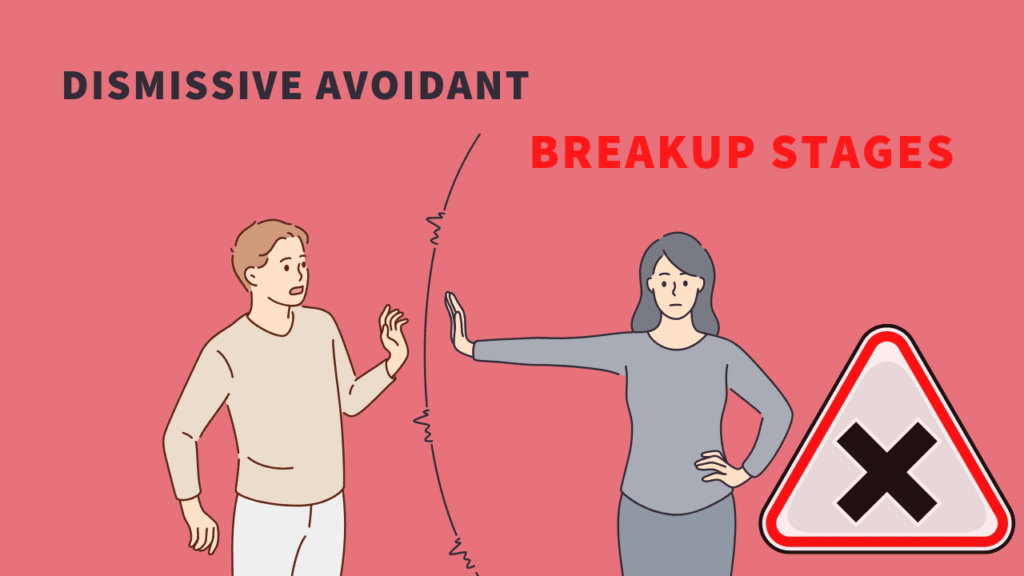

1)Neglect and self-neglect
To understand dismissive avoidants, we need to start from the beginning. Before a dismissive avoidant boyfriend or girlfriend leaves you and pays no attention to you whatsoever, he or she goes through this so-called “neglect and self-neglect stage.”
In this stage. the dismissive-avoidant neglects his or her lack of feelings and commitment to you and continues to remain oblivious to the damage he or she is causing to the relationship. The DA has been avoidant practically his or her entire life, so the chance of him or her noticing that something may be wrong (especially with him or her) is small.
When the DA notices that his or her partner’s worth has plummeted, it’s normally already too late to change feelings and perceptions. Too much damage has been caused to the partner’s persona to improve the partner’s value. That’s why feelings continue to decrease while doubts and frustrations increase.
Some DAs are so afraid of commitment (of the relationship progressing) that they self-sabotage their feelings and ruin the commitment they still have to the dumpee. As a result, they start avoiding the dumpee and appearing inconsistent with their words and actions.
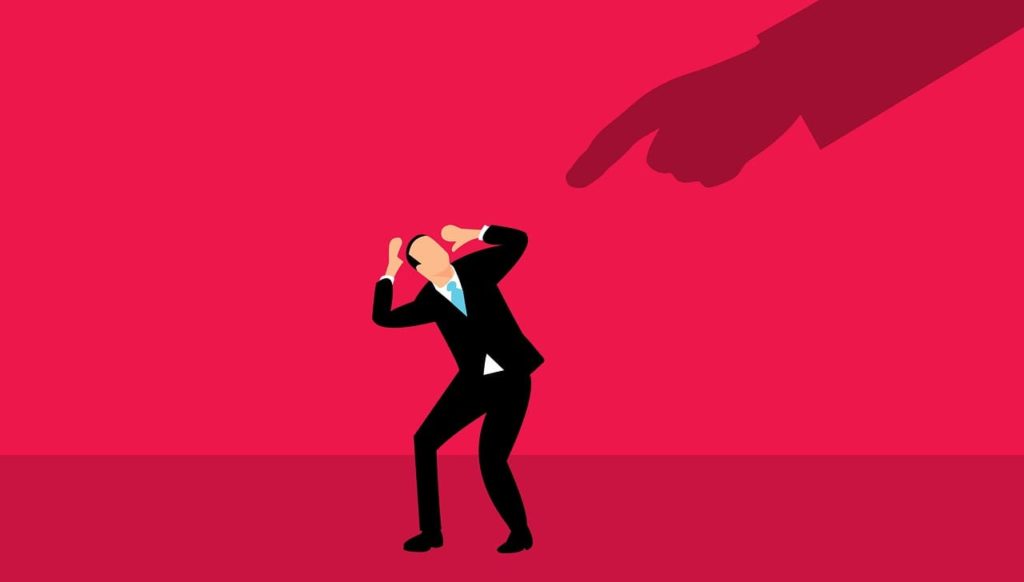

You could notice them being into you one day and telling you all the right things—and then turning cold and disinterested the next. This kind of hot and cold behavior is very common for dismissive-avoidant people—and is a sign that they failed to notice the origin of their dismissive tendencies and do something about them.
You mustn’t confuse a dismissive avoidant for a fearful avoidant. A DA normally has a high view of himself or herself and wants to explore other options before committing. A FA, on the other hand, often has low self-esteem and is ruled by the fear of something bad happening and hurting him or her in the process.
So if your ex was a dismissive avoidant, your ex’s feelings for you likely fluctuated a lot. That was how your ex gradually became doubtful of your ability to make him or her happy, made you crave validation, and decided to chase happiness elsewhere.
In the neglect and self-neglect dismissive-avoidant stage of a breakup, the DA is fully focused on himself or herself rather than the issues at hand.
That’s why it’s not unusual for him or her to:
- ignore your texts and calls
- lie to you about his or her whereabouts and availability
- pretend he or she is sleeping
- avoid communication
- avoid bonding moments
- refuse to plan the future
- say he or she has other/more important things to focus on
Relationships with avoidant people are hands down some of the hardest relationships out there. They are on par with narcissistic, borderline, and toxic relationships because they push-pull you back and forth and make you question your worth as a person.
2)Conviction
When a dismissive-avoidant thinks about breaking up with you for a long time, the DA starts feeling convinced that the breakup brings him or her more joy than the relationship.
Such relationship-destructive feelings make the DA certain that the other person is not a good fit and that he or she needs to look for additional reasons why the relationship can not work.
Finding additional reasons allows the future dumper to confirm that his/her hunch was right and that something is indeed not going well for them. Of course, the DA doesn’t know what that is. All he or she knows is that it doesn’t feel right and that the relationship is not fulfilling for him or her.
That’s when you might hear the dismissive-avoidant person point out your flaws and everything that is wrong with the relationship.
You could hear sharp remarks like:
- I don’t like the food you cook
- I’m tired of listening to you
- Why do you have to talk so much?
- Can you let me watch tv?
- I don’t know if I can go on vacation next week
- Don’t come over today
- I just need some space
The last comment indicates that the DA is in the conviction stage of the breakup as he or she is looking for reasons to avoid communicating rather than finding ways to resolve his or her lack of romantic interest.
So when the dismissive-avoidant expresses things like that and starts pushing you away, it’s normally already too late to fix the relationship. He or she is on the verge of transitioning into the detachment stage from which it’s nearly impossible to get out of.
3)Detachment
Once a dismissive avoidant enters the detachment stage of a breakup, all hope is lost. In this stage, there is very little (if any) communication, love, and mutual goals left. The DA has already decided that his or her partner is unworthy of commitment and that it’s best for him or her to spend some time alone.
Some dismissive avoidants will blatantly express they want to be alone, whereas others will just disappear. I have noticed that since dismissive avoidants are often terrible communicators, they usually just vanish into thin air. I’m not saying they ghost, but they seem to forget about their partner and focus entirely on themselves.
They basically act like they’re single and that you’re okay with what they’re doing.
Once you’ve noticed your partner has detached, there’s absolutely nothing you can do to make him or her reattach. You can’t reason with your partner and force him or her to love you and make plans with you. Love doesn’t work that way because once a person loses feelings, it’s up to him or her to regain them.
And they tend not to regain them because not being attached gives them a sense of control.
All you can do when a dismissive-avoidant person detaches is to have a relationship/breakup talk as soon as possible. Delaying it won’t change anything. It will just make the DA feel more trapped and less patient.


Breaking up is the last thing you want, but it’s what you need. If you keep witnessing avoidant behavior, you could continue to question your place in the DA’s heart and become much more dependent on his or her validation.
4)Separation
The most painful of all dismissive avoidant breakup stages is the separation stage. In this stage, someone pushes for the breakup. It could be the dismissive-avoidant or even the dismissive-avoidant’s partner if he or she is tired of feeling undervalued and neglected.
It doesn’t matter who initiates the breakup because the dismissive-avoidant is done with the relationship. He or she has been done for a while but didn’t have the courage and communication skills to express it.
What’s the solution?
There is none. Once a person has detached and lost interest, you must leave that person alone. He or she has become your ex and must start going through the dumper stages of a breakup. If you make the job harder for your ex by begging and pleading or doing something equally desperate, you’ll make your ex lose respect for you and hurt you.
So let the dismissive-avoidant dumper have his or her space and privacy. Start no contact so that you don’t do something that makes you look weak and pushes him or her further away. You have to understand that the dumper is out of love.
There is no secret technique on this planet that would trigger nostalgia or other relationship cravings.
The only way the dumper of any attachment style will appreciate you and value you is if you show you don’t need him or her. That’s the only thing that will impress the dumper and allow the dumper to process the breakup naturally.
After the separation, dismissive avoidants feel relieved and elated at the same time. They think they finally managed to stop talking to someone they felt uncomfortable with and that it’s time for them to put their feelings first.


Little do they know that they’ve always prioritized their feelings. They just weren’t capable of seeing it because of their lack of desire for a committed long-term romantic relationship.
5)Distraction
The last dismissive-avoidant stage of a breakup is the distraction stage. If you already got broken up with, you likely already know how avoidant the dismissive-avoidant is. He or she doesn’t show any interest and affection and is completely void of romantic feelings.
You mustn’t try to make the man or woman speak with you and feel something for you or you’ll trigger his or her cravings for space and get hurt when you fail to get what you want.
A dismissive-avoidant could do a lot of things in this stage.
He or she could:
- spend a lot of time with friends
- go out a lot
- drink and party
- blame you for the breakup
- talk badly about you
- focus on hobbies and interests
- and indirectly show how little you mean to him or her
A DA could refuse to respond or communicate and perhaps even start dating someone else. Whatever the DA does, don’t blame yourself. It’s not your fault that someone you loved took you for granted and fell out of love. It may feel like it is because you’re the only one hurting, but that’s just the way breakups are.
When you regain control of your emotions and become more rational, you’ll see that dismissive avoidants do what they want. You can’t stop them or change them because they don’t want to be helped. In their minds, they’re doing the right thing because they think that their partner (or ex-partner) doesn’t understand them and respect their need for space and solitude.
How often do dismissive avoidants come back?
Dismissive avoidants don’t come back very often. They tend not to look back because they don’t miss the bond they had with their ex. You have to remember that they don’t value bonds very much. They prefer solitude and complete control over their emotions.
That doesn’t mean that they don’t come back, of course, but that they come back less often than regular dumpees. They come back only if they work on themselves or if they start missing the parts of the relationship that did work for them.
But that implies that they might leave again and hurt you once more.
To come back and stay, most DAs must sign up for therapy and get to the bottom of their perception of love. They must change their commitment to relationships and be much more communicative and self-aware.
If they do that, they might come back. It depends on many other factors such as the quality of the relationship, their maturity, and the mistakes you made.
Did you learn a thing or two about the dismissive-avoidant breakup stages? Which stage did you notice your dismissive-avoidant ex going through? As always, share your breakup story in the comments section below.
And if you’d like to discuss the stages of dismissive avoidant partners or exes with us, go to our coaching page and sign up for coaching.
My name is Zan and I’m the founder of Magnet of Success. I enjoy writing realistic relationship and breakup articles and helping readers heal and grow. With more than 5 years of experience in the self-improvement, relationship, and breakup sphere, my goal is to provide advice that fosters positivity and success and avoids preventable mistakes and pain. Learn more about me or get in touch today.
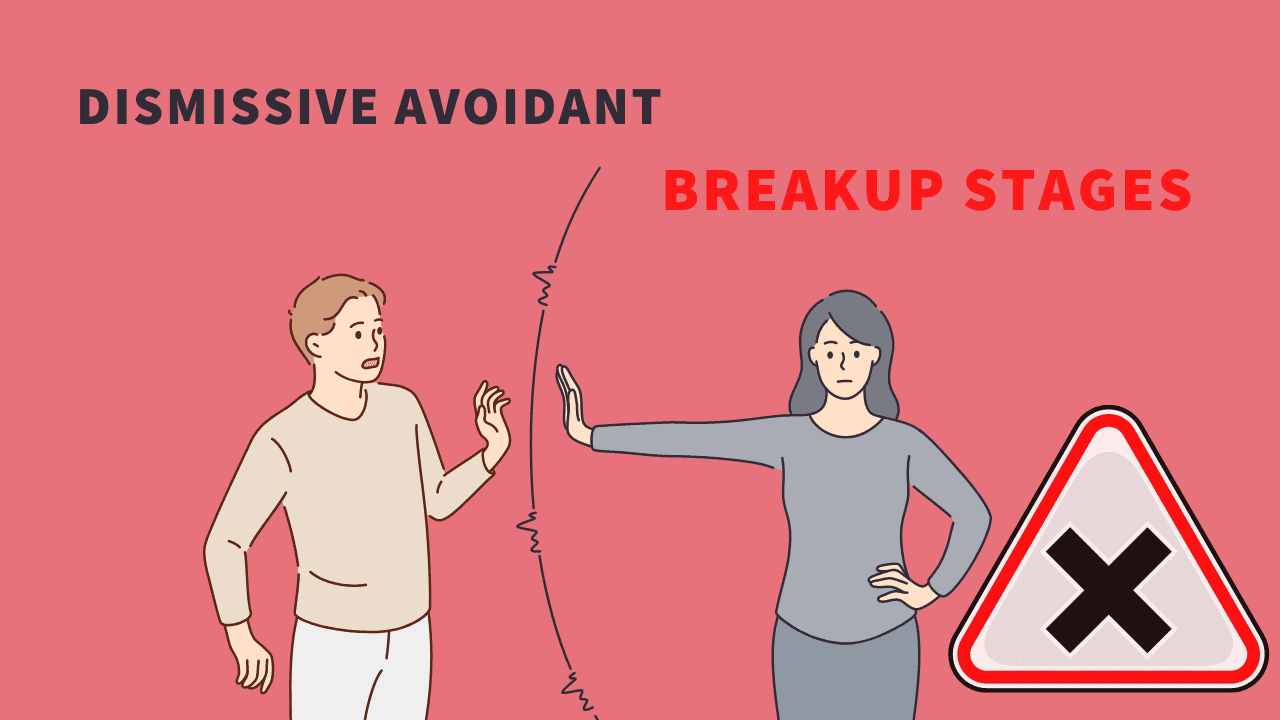
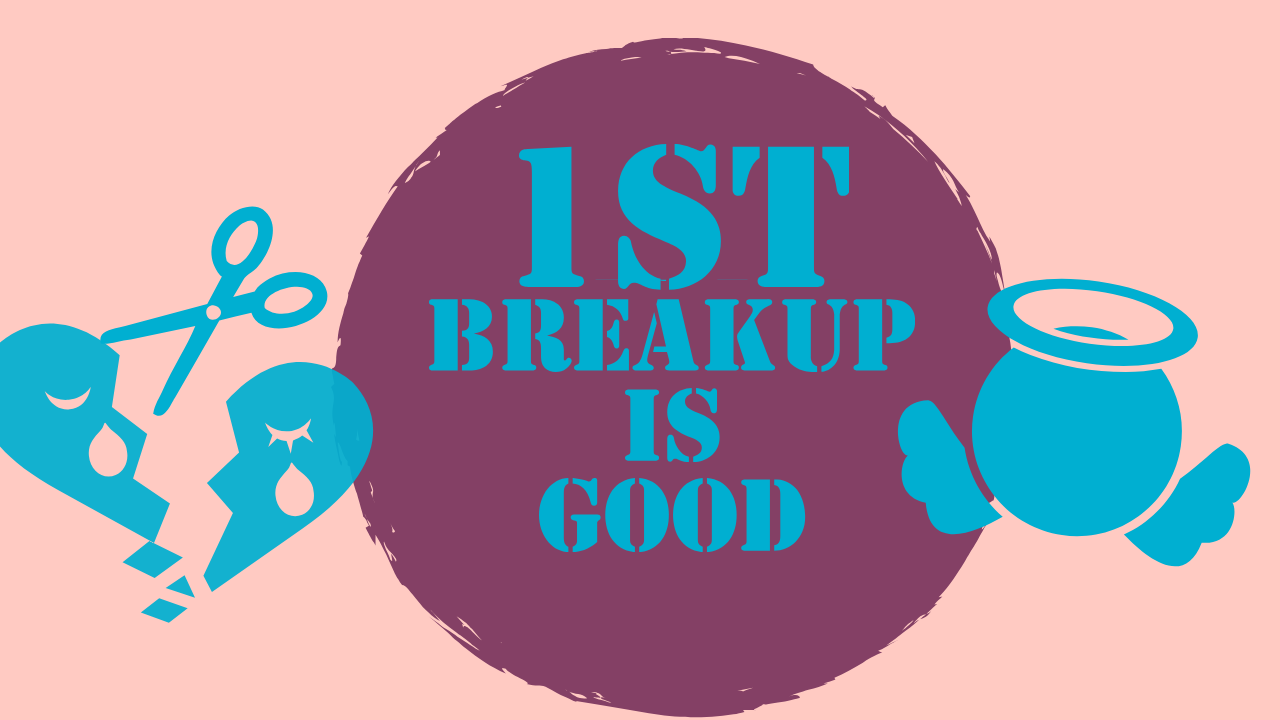
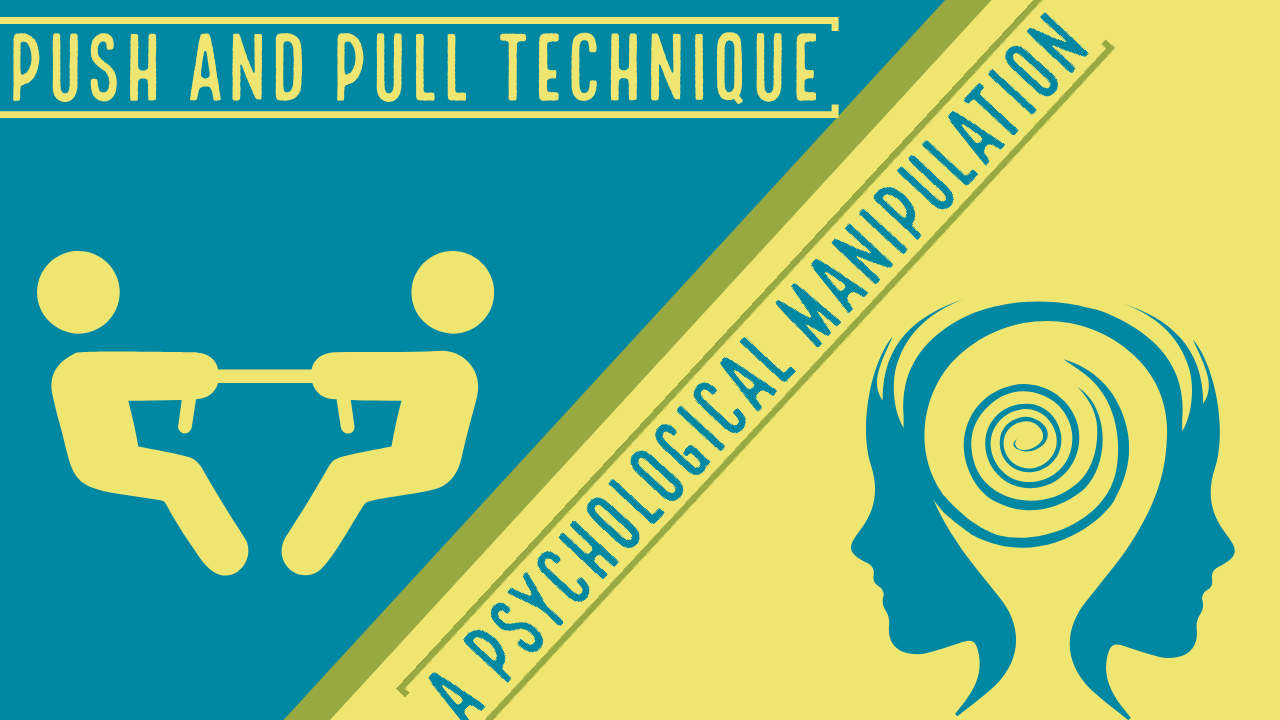
I believe I am dealing with an avoidant.
We’re long-distance friends with the intention to date and then to marry (Asian culture). From July 2023 when I went to visit her, we talked about how I could visit her this year to hang out again. From there, we had a genuine connection and everything felt right until the split. It was out of the blue.
Anyways she had an online student who wanted to return a favor by taking her out as a friend to dinner and a student hanging out with a teacher as a week vacation at a nearby beach city. She even told me that this guy would try to ask her out many times(hes’s almost twice her age). I got upset and told her my concern as my anxiety shot up the roof. She told me that she only saw him as a friend as she really liked me. I ended up trusting her and being cool with it (I thought she was secure and I ended up growing out of anxiety because of her).
This was now late December of 2023 as he came to take her out to dinner and during the vacation, he had to take care of her when she got sick and I told her that I’m glad someone is taking care of her. They hung out while they had separate rooms and I was able to talk to her whenever she woke up.
A month after that trip, we were talking as if she still liked me but I noticed she had been less attentive. I asked her if I was ready to buy a ticket to see her in a few months. She said no need to anymore. I saw in her eyes that she fell hard for him; I could tell. I believe she became limerent for him when she got sick and he took care of her during the trip. I know that they didn’t do anything physical (she states that she doesn’t believe in sex until after marriage) but she probably developed an emotional bond of limerence with him.
She made many excuses why she couldn’t be with me like he was going to leave everything to be closer to her sooner and the long-distance relationship was only 7 months so it’s not a big deal. I was confused because I was nice and attentive to her. The weirdest part was she asked me to sing and play my ukulele the song I dedicated to her (I sang it to her once in a while as she loves it). She cried as I said goodbye. This part baffled me if she truly liked me and I couldn’t catch her being overwhelmed.
This was a month ago when she ended things there and I’m handling it pretty well. I used to be very anxious and now anxious-secure. Even in the near end, I felt like I became more secure and still trusting thanks to her. I’m sure she didn’t mean to fall for this person but I realized that each one of us will find out our attachment when it’s too late. It sucked because to me I felt that this was a genuine connection; nothing toxic, stable with busy days, being patient.
I’m sure she’ll want to come back but I’ll be moving on. If we make contact, I would probably send her the freetoattach.com website and recommend her to see a therapist if she wants to get back to me after another no-contact of self-healing. If she doesn’t come back, either way, it’s okay too. I just hope others like me who can point avoidants in the right direction to be self-aware of their destruction. Its up to them to take that advice or not.
Thanks for listening.
Hi Alex.
It looks like she emotionally bonded with this person behind your back and refused to do anything about it. She kept seeing him for so long that she disconnected from you and decided to give him a try despite reassuring you that he was “just a friend.” Maybe she saw him as a friend, but emotions tied her to him. They told her she liked him as a person and that losing him would be a loss for her.
You should stay in no contact and move on. If she comes back, you can then decide if you can forgive her or not.
Best,
Zan